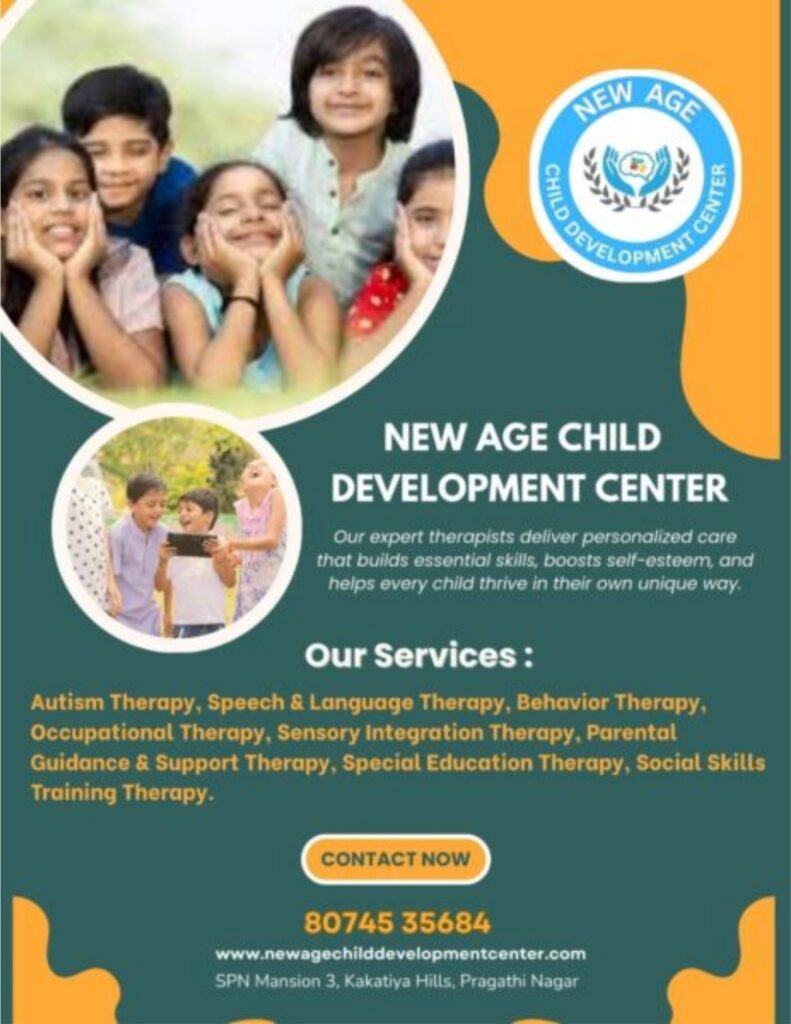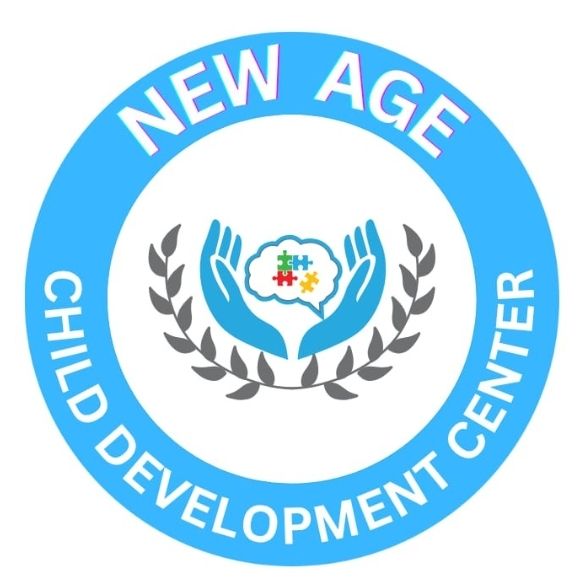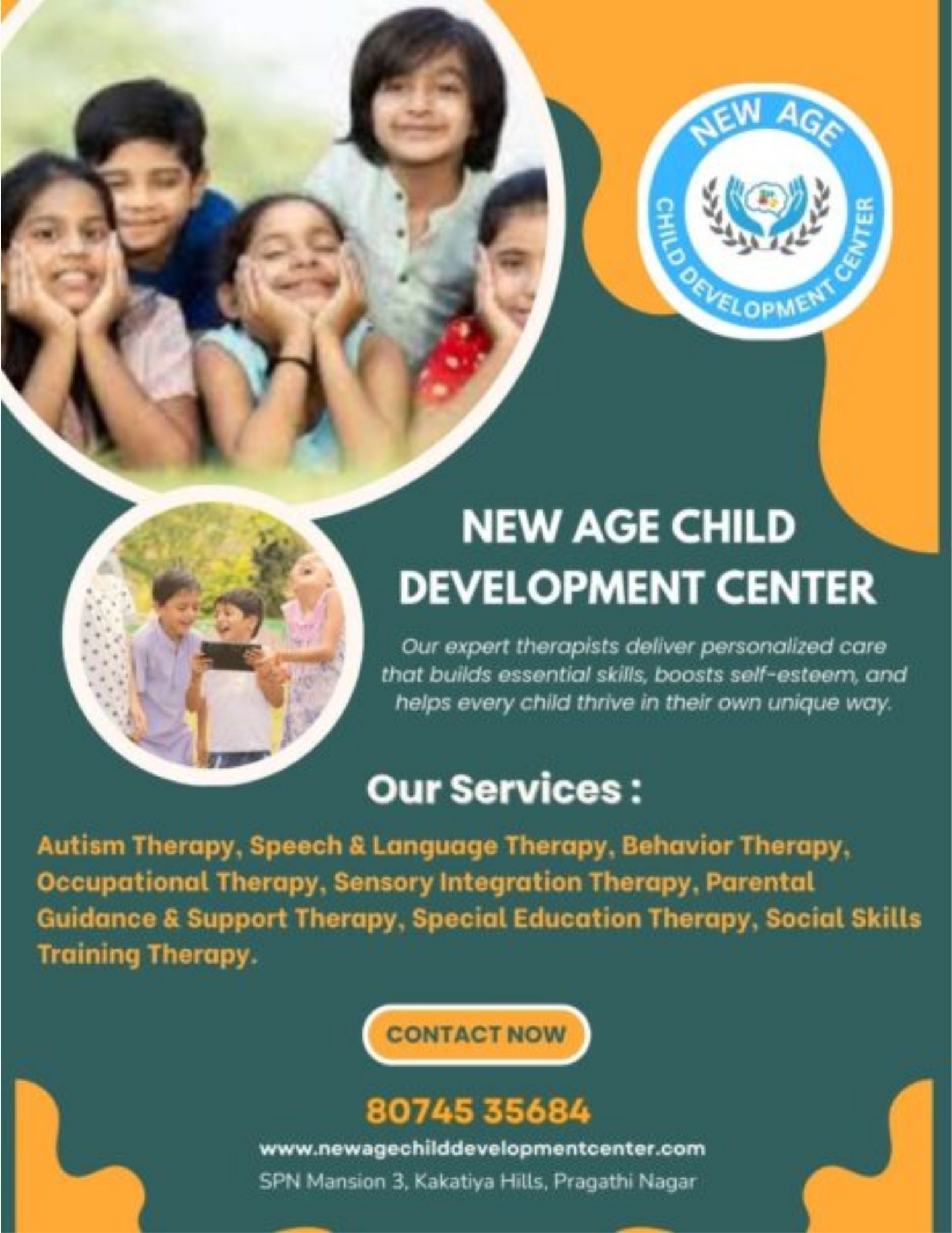Inclusive Education for Children with Autism: Challenges and Solutions
Education for Children with Autism requires the right support. Learn the key challenges and effective solutions that help autistic children thrive in inclusive classrooms. Inclusive education is becoming a powerful movement in today’s academic system, especially for children on the autism spectrum. The goal of inclusive learning is to give autistic children equal opportunities to learn, participate, and grow alongside their peers. However, this journey often brings challenges that parents must understand to ensure meaningful progress. At New Age Child Development Center, families receive guidance to navigate these challenges and identify solutions that support long-term development.

Children with autism often face difficulties in communication, sensory regulation, and social interaction. Because of these challenges, the classroom environment may feel overwhelming. Many schools are not fully equipped with autism-friendly teaching methods, which can make learning stressful. However, when the right strategies are applied, inclusive education can work beautifully. At New Age Child Development Center, parents are taught to identify which strategies are most effective for their child’s unique needs.
A major challenge in inclusive settings is the lack of trained teachers who understand neurodiversity and behavior patterns associated with autism. Many educators want to help but are not trained in special education techniques, visual supports, or sensory management. This gap affects learning outcomes. The solution lies in teacher training, structured routines, and the use of personalized educational plans. When these supports are implemented, children with autism can be included meaningfully in mainstream classrooms.
Another challenge is sensory overload. Bright lights, loud noises, crowded classrooms, and unpredictable schedules can cause anxiety for autistic children. Schools must create sensory-friendly spaces, allow sensory breaks, and integrate occupational therapy methods into daily routines. These adjustments reduce stress and improve focus. The team at New Age Child Development Center often works with parents to advocate for sensory accommodations in schools.
Social skills also play a crucial role in successful inclusion. Many autistic children struggle to interpret social cues, engage in group activities, or form peer relationships. Without proper support, they may feel isolated even in inclusive classrooms. Social skills training, peer-buddy systems, and structured play sessions can make inclusion more effective. These approaches are strongly encouraged at New Age Child Development Center, where therapists support families in building strong social foundations.
Communication barriers are another concern. Some autistic children use limited speech or rely on alternative communication methods. Schools must be prepared with visual boards, gestures, or AAC tools to ensure smooth communication. With consistent use, these tools help children express themselves confidently. At New Age Child Development Center, parents receive training on using communication systems at home and in school.
Inclusive education becomes truly successful when schools, parents, and therapists work together. A collaborative model ensures that challenges are addressed early and solutions are consistently applied. Families can visit New Age Child Development Center, located at SPN Mansion 3, Pragathi Nagar, Kakatiya Hills, ALEAP Circle, Pragathi Nagar, Hyderabad, Telangana 500090, for guidance. The center operates Monday–Saturday, 9 AM–7 PM, helping parents build a strong support system around their child.
The vision of inclusive education is possible when children receive the right support at the right time. With proper planning, understanding, and teamwork, every autistic child can thrive in a learning environment designed to respect their strengths and difference


